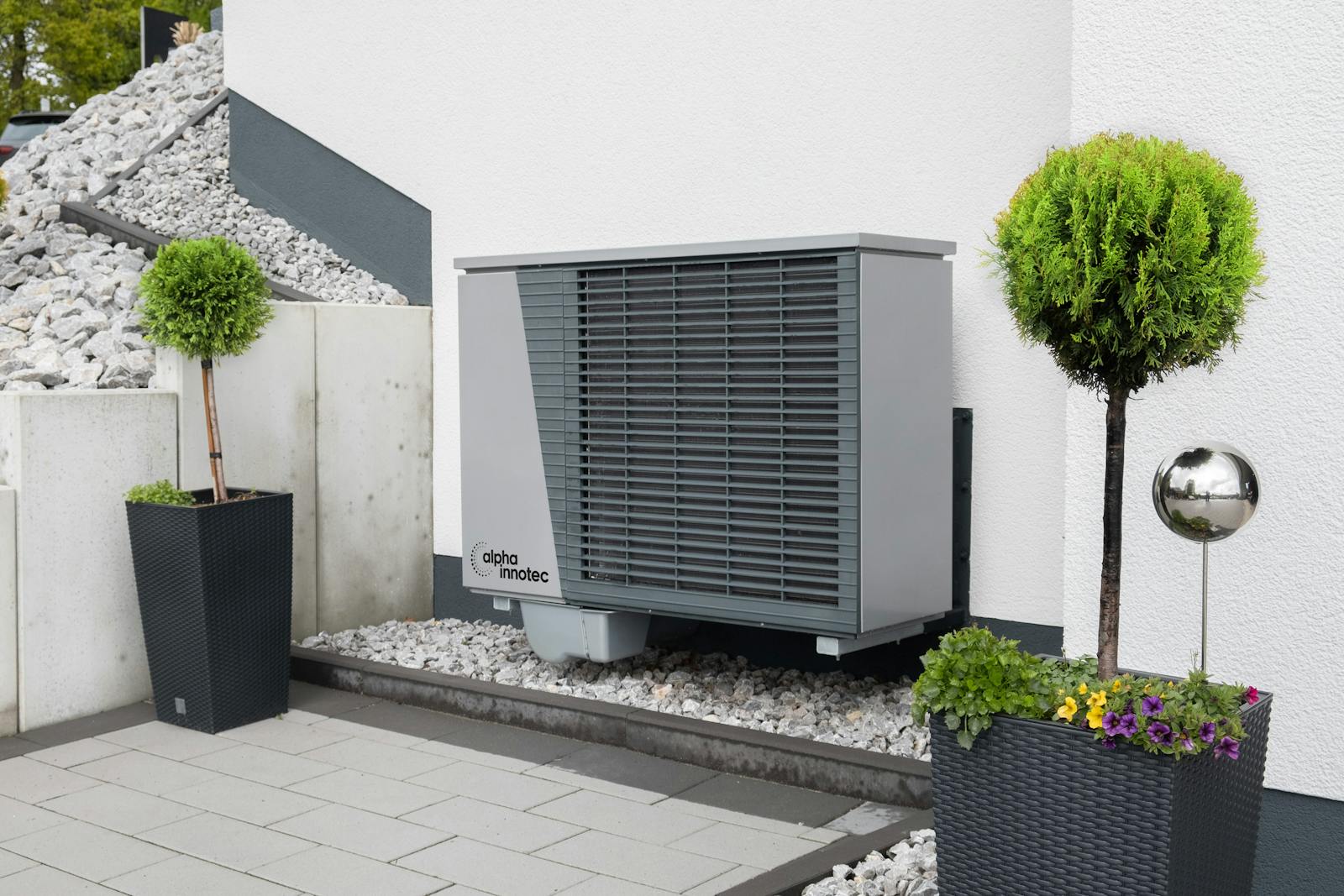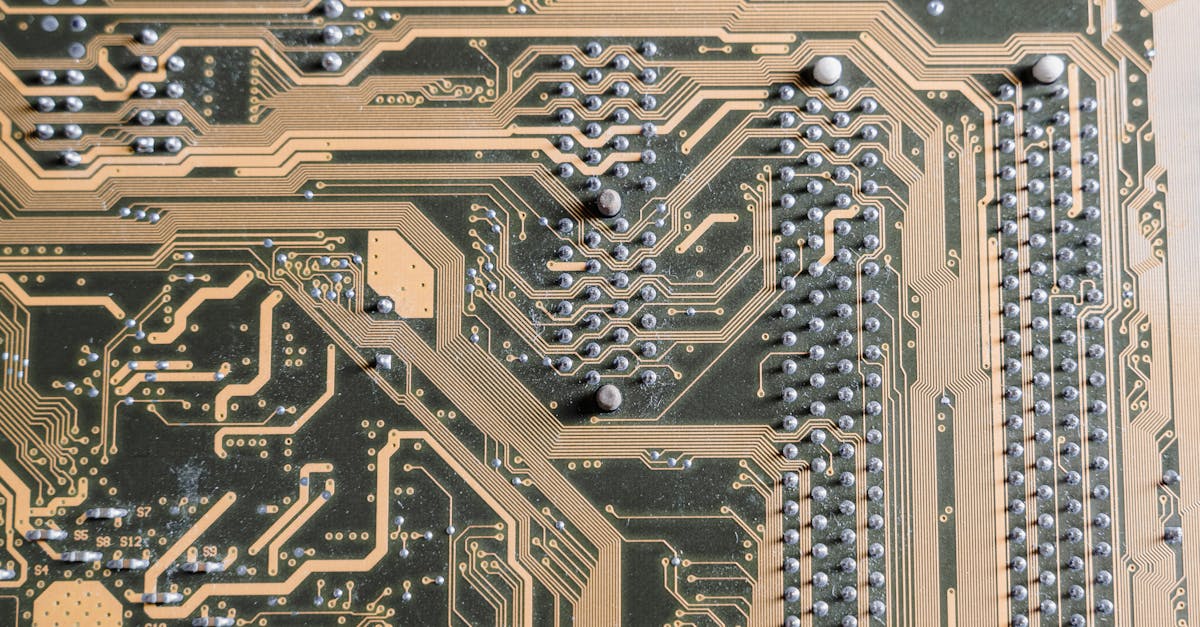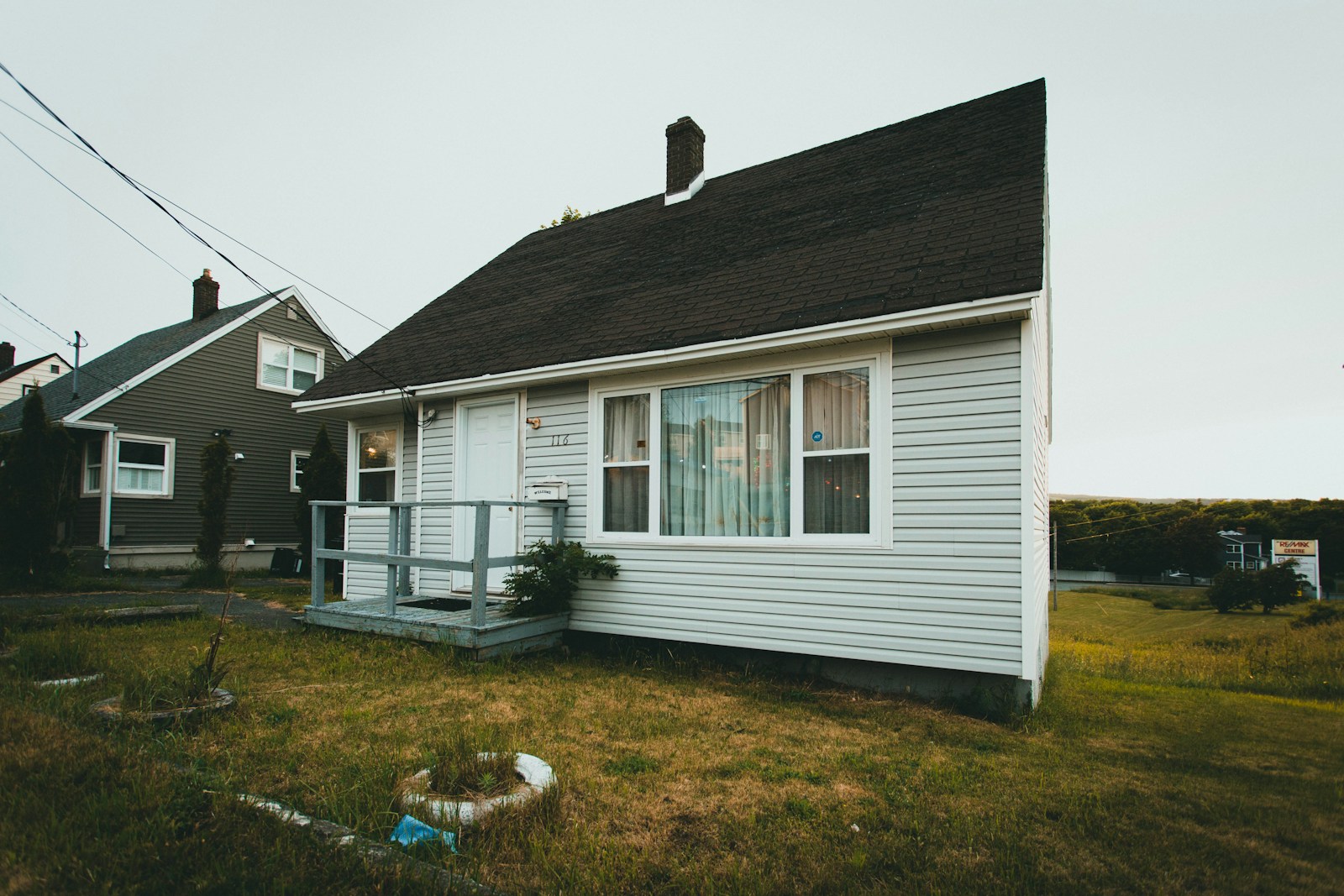
Increased Energy Bills
One of the most immediate signs your HVAC system is costing too much is a noticeable spike in energy bills. If you observe a consistent increase over several months without a corresponding rise in usage, your system may be inefficient. Check for older units, as they often consume more energy than newer, ENERGY STAR certified models.
Frequent Repairs
If you find yourself calling for repairs multiple times a year, it’s a strong indication that your HVAC system is nearing the end of its lifespan. Frequent breakdowns can accumulate significant costs, making it more economical to invest in a new system rather than repeatedly fixing an outdated one.
Inconsistent Temperatures
Rooms that are too hot or too cold can signal that your HVAC system is not operating efficiently. Uneven temperature distribution often results from ductwork issues or an aging unit unable to maintain the desired climate. Consider consulting a professional to evaluate your system’s performance.
Excessive Noise
Strange noises from your HVAC system, such as banging, rattling, or hissing, can indicate mechanical problems. These sounds often suggest that parts are wearing out or that the system is struggling to operate efficiently. Ignoring these signs might lead to more severe and costly issues down the line.
Humidity Issues
High humidity levels within your home can be a sign your HVAC system is not dehumidifying effectively. An inefficient unit may struggle to remove moisture, leading to discomfort and potentially harmful mold growth. A properly functioning system should maintain a balanced indoor humidity level of 30-50%.
Age of the System
Most HVAC systems have a lifespan of 15 to 20 years. If your system is approaching this age, it may be time to consider a replacement. Older systems are generally less efficient and can result in higher energy costs compared to modern, energy-efficient models.
Increased Dust and Allergens
Excessive dust and allergens in your home can indicate poor airflow or a malfunctioning filter in your HVAC system. A system that is not effectively circulating air can lead to poor indoor air quality, necessitating frequent cleaning and potentially impacting your health.
System Cycling On and Off
If your HVAC system frequently cycles on and off, it may be a sign of an oversized unit or a malfunctioning thermostat. This short cycling can lead to increased wear and tear, reducing the lifespan of your system and raising your energy bills.
Recent Renovations
Renovations can change your home’s heating and cooling needs. If you’ve added square footage or changed the layout, your old HVAC system may not be capable of handling the new demands. An assessment by a professional can determine if an upgrade is necessary to improve efficiency.
Urgent Reminder
If you recognize any of these signs, it’s crucial to act quickly. Continuing to operate an inefficient HVAC system can lead to significant financial losses and reduced comfort. Schedule a professional inspection today to assess your options before further costs accumulate.



